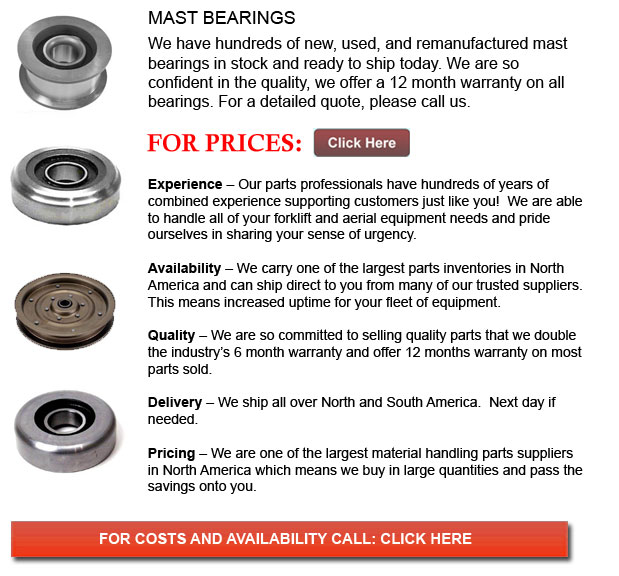
Forklift Mast Bearings - A bearing allows for better motion among at least 2 parts, typically in a linear or rotational sequence. They can be defined in correlation to the flow of applied loads the could take and in accordance to the nature of their use
Plain bearings are really commonly used. They make use of surfaces in rubbing contact, usually along with a lubricant like graphite or oil. Plain bearings may or may not be considered a discrete device. A plain bearing may have a planar surface that bears one more, and in this case will be defined as not a discrete tool. It can consist of nothing more than the bearing exterior of a hole together with a shaft passing through it. A semi-discrete example would be a layer of bearing metal fused to the substrate, while in the form of a separable sleeve, it would be a discrete tool. Maintaining the correct lubrication enables plain bearings to provide acceptable accuracy and friction at minimal expense.
There are different bearings that could help better and develop efficiency, accuracy and reliability. In various uses, a more suitable and specific bearing can better operation speed, service intervals and weight size, therefore lowering the whole expenses of operating and buying equipment.
Bearings would differ in shape, application, materials and required lubrication. For instance, a rolling-element bearing will use drums or spheres among the components to be able to control friction. Reduced friction gives tighter tolerances and higher precision as opposed to plain bearings, and less wear extends machine accuracy.
Plain bearings are usually made utilizing different kinds of plastic or metal, depending on how dirty or corrosive the environment is and depending on the load itself. The kind and utilization of lubricants can significantly affect bearing friction and lifespan. For example, a bearing may function without whatever lubricant if continuous lubrication is not an alternative because the lubricants could be a magnet for dirt that damages the bearings or equipment. Or a lubricant may improve bearing friction but in the food processing industry, it may require being lubricated by an inferior, yet food-safe lube so as to avoid food contamination and guarantee health safety.
Nearly all bearings in high-cycle uses need some cleaning and lubrication. They could need periodic adjustment to be able to reduce the effects of wear. Various bearings may require infrequent repairs to be able to avoid premature failure, even though magnetic or fluid bearings could need little preservation.
A clean and well lubricated bearing will help prolong the life of a bearing, nevertheless, some kinds of uses could make it much challenging to maintain constant repairs. Conveyor rock crusher bearings for example, are routinely exposed to abrasive particles. Frequent cleaning is of little use as the cleaning operation is expensive and the bearing becomes contaminated once more once the conveyor continues operation.
![]() Click to Download the pdf
Click to Download the pdf
Forklift Parts
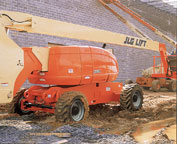
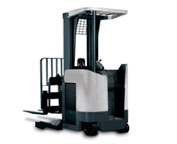
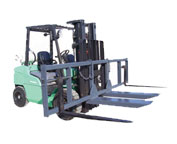
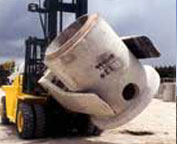
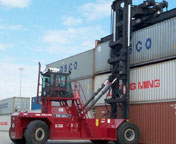
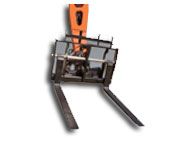
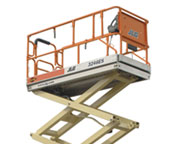
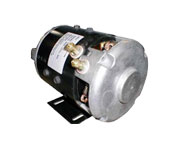
Lift Parts Express
TOLL FREE: 1-888-695-7994
LOCAL: 760-513-8305
12127 MALL BLVD A-383
Victorville, California
forkliftpartsvictorville.com
Email Us
About Us


